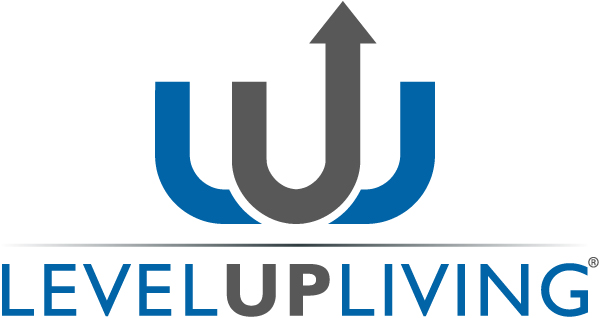Why Feedback Is Your Secret Weapon
In the dynamic world of personal and professional development, feedback serves as a powerful catalyst for growth. By embracing feedback, you open the door to continuous improvement and enhanced self-awareness. Let’s explore how you can leverage feedback effectively to propel your journey towards success.
Key Benefits of Embracing Feedback
- Enhanced self-awareness and personal growth
- Improved communication and collaboration skills
- Opportunity for constructive criticism and learning
Gathering Meaningful Feedback
Feedback is most valuable when it comes from a place of honesty and trust. To gather meaningful insights, consider the following steps:
- Establish a culture of open communication within your team
- Schedule regular feedback sessions with peers and mentors
- Use anonymous surveys to encourage candid feedback
Real-World Example: John’s Feedback Journey
John, a corporate leader, implemented a 360-degree feedback process within his team. This initiative not only uncovered blind spots in his leadership style but also strengthened team cohesion and trust.
“Feedback is a gift that helps me grow both personally and professionally. It’s the compass that guides me towards excellence.” – John
FAQ Section
Q: How can I overcome the fear of receiving feedback?
A: Start by reframing feedback as a tool for growth rather than criticism. Embrace a growth mindset and focus on the learning opportunities feedback provides.
Q: What should I do if I receive negative feedback?
A: Approach negative feedback with curiosity and a willingness to improve. Seek clarification, reflect on the feedback, and use it as a stepping stone for growth.
Q: How can I encourage a feedback culture in my organization?
A: Lead by example and actively seek feedback from others. Recognize and reward individuals who provide constructive feedback and foster a safe environment for open communication.
Q: Is it necessary to act on all feedback received?
A: While it’s essential to consider all feedback, focus on identifying patterns and areas for improvement. Prioritize actionable feedback that aligns with your personal and professional goals.
Q: How can I ensure feedback is delivered constructively?
A: Provide specific examples and focus on behaviors rather than personality traits. Use a positive and growth-oriented language to encourage development.
Q: What role does feedback play in leadership development?
A: Feedback is a cornerstone of effective leadership development. It enables leaders to gain valuable insights, refine their skills, and build strong relationships with their team members.
Q: How often should I seek feedback from my peers?
A: Regular feedback intervals, such as quarterly or bi-annually, can provide a consistent stream of insights. Adjust the frequency based on your personal development goals and organizational culture.
Q: Can self-assessment be as valuable as external feedback?
A: While external feedback offers unique perspectives, self-assessment is equally important. Combine self-reflection with external feedback to gain a holistic view of your strengths and areas for improvement.
Q: How can I maintain a growth mindset when receiving feedback?
A: Embrace the belief that feedback is a stepping stone towards growth and improvement. Celebrate progress, learn from setbacks, and view feedback as a valuable tool in your personal development journey.
Q: What are the long-term benefits of consistently seeking feedback?
A: Consistent feedback fosters continuous improvement, enhances self-awareness, and builds resilience in the face of challenges. It cultivates a culture of learning and development within individuals and organizations.
